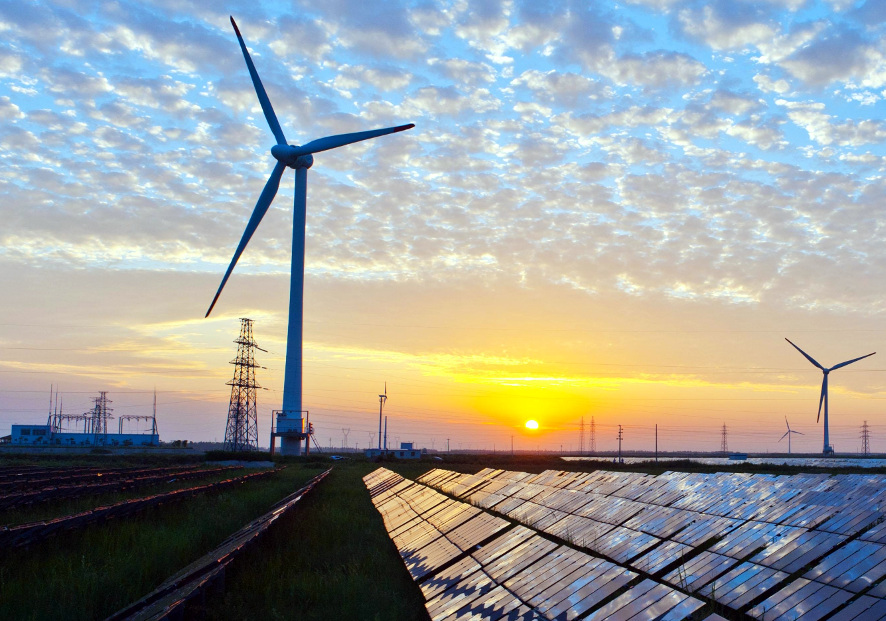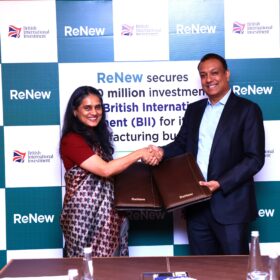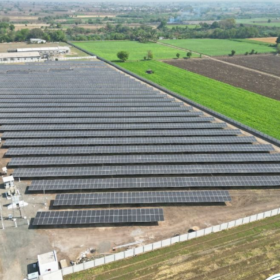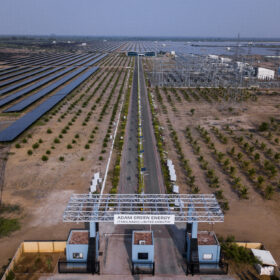The National Solar Energy Federation of India (NSEFI) has formally told Power Minister Raj Kumar Singh that state discoms are still not issuing letters of credit for power purchases, even though the ministry has told them to do so.
“(The) majority of state discoms have not provided letters of credit as per the Ministry of Power’s order for projects connected to state load dispatch centres (SLDCs) till date,” the lobby group said. “SLDCs don’t have any such mechanism in place to schedule power based on payment security to developers. Hence state discoms are not even concerned of curtailment or non-scheduling of power in the absence of payment security mechanism with generators.”
SLDCs are still scheduling power to discoms without payment security mechanisms in place, which is in direct violation of the power ministry’s order. The NSEFI has warned the ministry that this could deter developers from participating in state solar tenders. It has asked the ministry to direct SLDCs to follow stringent scheduling steps against letter of credit defaulters, in line with the order. It also wants state discoms to provide letters of credit as a payment security mechanism, as soon as possible.
In June, the Ministry of Power directed all distribution companies to open and maintain adequate letters of credit as a payment security mechanism under power purchase agreements and submit a copy to their respective load dispatch centres.
As per the order, load dispatch centres can dispatch power only after they are informed by the generating company and the discoms that a letter of credit for the desired electricity has been opened and copies have been made available to the concerned generating company. The dispatch shall stop once the quantum of electricity under the letter of credit has been supplied.
This content is protected by copyright and may not be reused. If you want to cooperate with us and would like to reuse some of our content, please contact: editors@pv-magazine.com.









By submitting this form you agree to pv magazine using your data for the purposes of publishing your comment.
Your personal data will only be disclosed or otherwise transmitted to third parties for the purposes of spam filtering or if this is necessary for technical maintenance of the website. Any other transfer to third parties will not take place unless this is justified on the basis of applicable data protection regulations or if pv magazine is legally obliged to do so.
You may revoke this consent at any time with effect for the future, in which case your personal data will be deleted immediately. Otherwise, your data will be deleted if pv magazine has processed your request or the purpose of data storage is fulfilled.
Further information on data privacy can be found in our Data Protection Policy.